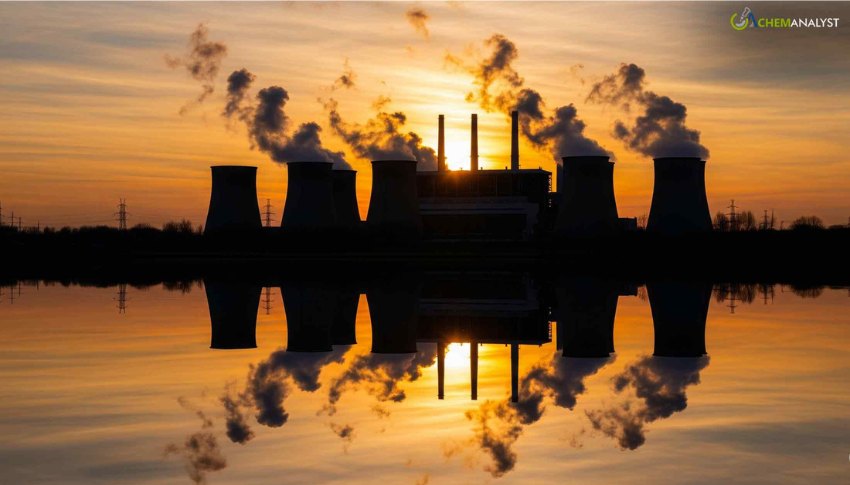Welcome To ChemAnalyst

India has significantly relaxed its sulphur emission norms for most coal-fired power plants, reversing a decade-old mandate for clean-air equipment. This decision exempts a large majority of plants from installing costly desulphurisation systems, citing concerns over increased carbon dioxide emissions.
In a significant policy reversal, India has scaled back a decade-old mandate requiring coal-fired power plants to install expensive clean-air equipment, easing sulphur emission rules for the vast majority of its thermal fleet. A government order issued late on Friday, July 11, by the federal environment ministry effectively exempts 79% of coal-fired power plants from the 2015 directive, marking a substantial shift in the nation's environmental policy for its energy sector.
The original 2015 norms had stipulated that nearly 540 coal-based power units across the country install flue-gas desulphurisation (FGD) systems. These systems are crucial for removing sulphur from the plants' exhaust gases, a key contributor to air pollution and acid rain. The phased implementation of these norms was initially set to begin in 2027, with an estimated investment of $30 billion required across the industry.
Under the new gazette notification, plants located outside a 10-kilometre (6-mile) radius of populated and polluted cities are now exempt from the 2015 mandate. For another 11% of the plants situated near populated cities, the requirement to install FGD systems will be decided on a "case-to-case basis." Only a small fraction, approximately 10% of the coal-fired power plants located closer to major metropolitan areas like New Delhi and other cities with populations exceeding a million, will still be required to install the desulphurisation equipment by December 2027.
This policy shift comes after considerable investment by state-run power producers. NTPC Ltd, India's largest electricity generator, had already spent approximately $4 billion on installing FGD equipment at about 11% of its power plants. Furthermore, around 50% of the country's coal units had either placed orders for these desulphurisation systems or were in the process of installing them, anticipating the earlier deadlines. The recent notification, however, remains silent on the implications for the competitiveness or cost recovery mechanisms for these plants that have already made substantial investments.
The government's rationale for this significant reversal, as stated in the notification, stems from a detailed analysis conducted by the Central Pollution Control Board. The analysis reportedly focused on the increase in "carbon dioxide emission into the atmosphere due to operation of control measures being deployed." This suggests a trade-off decision, where the environmental benefit of reduced sulphur emissions is being weighed against the potential increase in carbon dioxide emissions associated with operating the pollution control equipment itself.
We use cookies to deliver the best possible experience on our website. To learn more, visit our Privacy Policy. By continuing to use this site or by closing this box, you consent to our use of cookies. More info.
